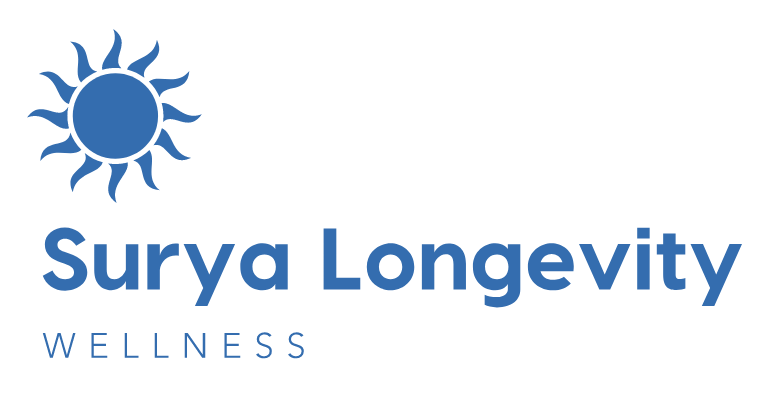
Embracing the Wisdom of Chinese Herbal Medicine
Chinese Herbal Medicine, a realm where ancient wisdom meets modern health care. As a practice deeply rooted in thousands of years of history and tradition, Chinese Herbal Medicine has proven its worth in promoting health and treating disease. Here, we take you on a journey through its rich history, its benefits, and how it offers a unique, holistic alternative to Western pharmaceutical drugs.
The Rich History of Chinese Herbal Medicine
Chinese Herbal Medicine is one of the oldest forms of healthcare, with a history stretching back over 3,000 years. It forms an integral part of Traditional Chinese Medicine (TCM), a comprehensive health care system that also includes acupuncture, diet, and exercise therapies.
The first known herbal compendium in China, the “Shennong Bencao Jing,” or “The Classic of Herbal Medicine,” was compiled during the Han Dynasty (202 BC – 220 AD) and listed 365 medicinal plants. The practice has evolved since then, and now, there are more than 6,000 substances used in Chinese Herbal Medicine, primarily consisting of plants but also including some animal and mineral products.
Benefits of Chinese Herbal Medicine
- Holistic Approach: Chinese Herbal Medicine takes into consideration the body, mind, and spirit, offering a holistic approach to health and wellness. It seeks to restore balance and harmony within the body, promoting overall health rather than just treating a specific ailment.
- Personalized Treatment: Treatment plans are tailored to each individual’s unique health profile, focusing not only on the presenting symptoms but also on the underlying root cause of the disease.
- Preventive Care: Chinese Herbal Medicine emphasizes preventive care, aiming to strengthen the body’s defenses and enhance its capacity for healing and maintaining health.
- Natural and Safe: With the proper prescription from a qualified practitioner, Chinese herbs can be a safe, natural alternative to pharmaceutical drugs.
Chinese Herbal Medicine vs Western Pharmaceutical Drugs
While both Chinese Herbal Medicine and Western Medicine aim to improve health, they differ significantly in their approaches and philosophies.
- Holistic vs Targeted Approach: Chinese Herbal Medicine takes a holistic approach, treating the whole body and addressing the root cause of the disease. In contrast, Western medicine often focuses on managing specific symptoms or conditions.
- Individualized vs Standardized Treatment: Chinese Herbal Medicine provides individualized treatment plans based on a person’s unique pattern of symptoms and constitution. Western medicine, on the other hand, usually applies a more standardized approach, using the same treatment for anyone with a specific diagnosis.
- Combination Therapy vs Single Ingredient: Chinese herbs are often prescribed in formulas consisting of several ingredients to enhance therapeutic effectiveness and minimize side effects. Western pharmaceutical drugs typically contain one active ingredient.
- Prevention vs Cure: Chinese Herbal Medicine places a great emphasis on disease prevention and maintaining wellness, while Western medicine typically focuses more on disease treatment.
Chinese Herbal Medicine offers a time-tested, natural, and holistic approach to health. While it provides an excellent complement to Western medicine, it is important to consult with a trained practitioner for safe and effective use. On this journey of health and well-being, we invite you to explore the wisdom of Chinese Herbal Medicine and discover the difference it can make in your life.


